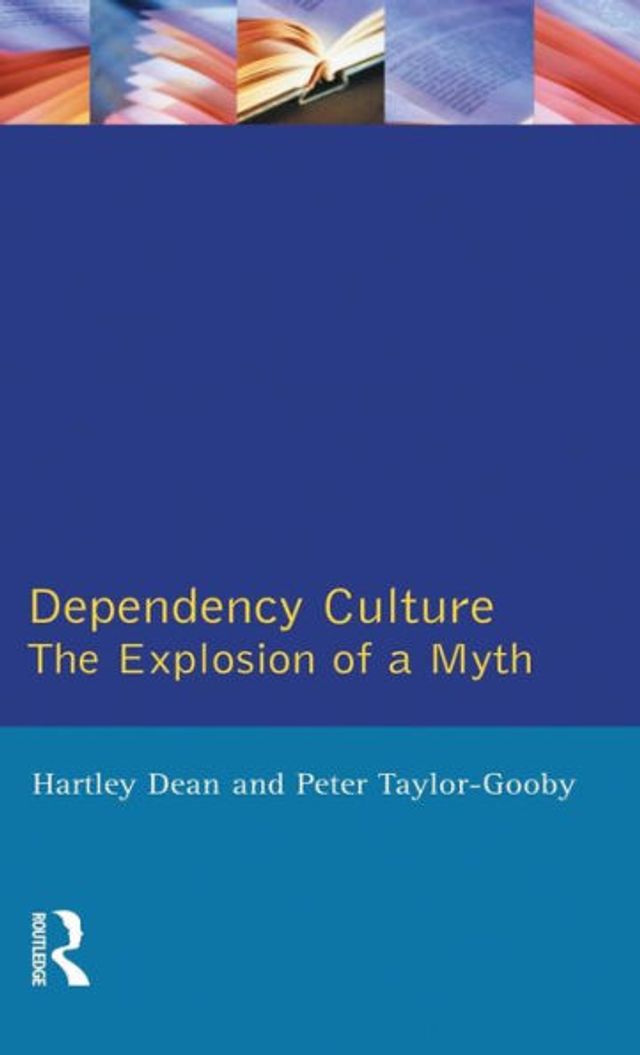Home
A Lycanthropy Reader: Werewolves in Western Culture / Edition 1
Loading Inventory...
Barnes and Noble
A Lycanthropy Reader: Werewolves in Western Culture / Edition 1
Current price: $24.95


Barnes and Noble
A Lycanthropy Reader: Werewolves in Western Culture / Edition 1
Current price: $24.95
Loading Inventory...
Size: OS
*Product Information may vary - to confirm product availability, pricing, and additional information please contact Barnes and Noble
Our understanding of lycanthropy is limited by our association of it with contemporary portrayals of werewolves in horror films and gothic fiction. No rational person today believes that a human being can literally be metamorphosed into a wolf; therefore, in the absence of an historical context, the study of werewolves can appear to be a wayward pursuit of the perversely irrational and the sensational.
This
Reader
provides the historical context. Drawing on primary sources, it is a comprehensive survey of all aspects of lycanthropy, with a focus on the medieval and Renaissance periods. Lycanthropes were on trial in the courtrooms of Europe, and on examination in medical offices and mental hospitals; they were the objects of communal fear and pity, and the subjects of sermons and philosophical treatises. In the Introduction to the
Reader,
Charlotte Otten shows that the study of lycanthropy uncovers basic issues in human life the significance of violence and criminality, the role of the demonic in aberrant behavior, and ultimately the nature of good and evil. The implications for modern life are immediately apparent. The
is divided into six sections: (I) Medical Cases, Diagnoses, Descriptions; (2) Trial Records, Historical Accounts, Sightings; (3) Philosophical and Theological Approaches to Metamorphosis; (4) Critical Essays on Lycanthropy (Anthropology, History, and Medicine); (5) Myths and Legends; and (6) Allegory. Each section has an introduction that summarizes and interprets the materials.
This
Reader
provides the historical context. Drawing on primary sources, it is a comprehensive survey of all aspects of lycanthropy, with a focus on the medieval and Renaissance periods. Lycanthropes were on trial in the courtrooms of Europe, and on examination in medical offices and mental hospitals; they were the objects of communal fear and pity, and the subjects of sermons and philosophical treatises. In the Introduction to the
Reader,
Charlotte Otten shows that the study of lycanthropy uncovers basic issues in human life the significance of violence and criminality, the role of the demonic in aberrant behavior, and ultimately the nature of good and evil. The implications for modern life are immediately apparent. The
is divided into six sections: (I) Medical Cases, Diagnoses, Descriptions; (2) Trial Records, Historical Accounts, Sightings; (3) Philosophical and Theological Approaches to Metamorphosis; (4) Critical Essays on Lycanthropy (Anthropology, History, and Medicine); (5) Myths and Legends; and (6) Allegory. Each section has an introduction that summarizes and interprets the materials.


















